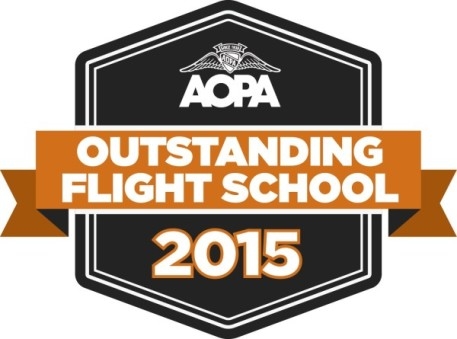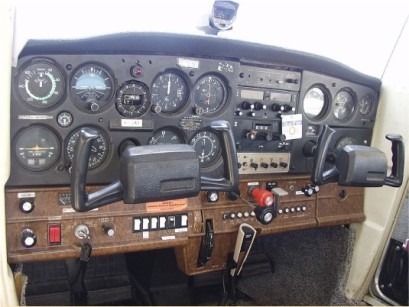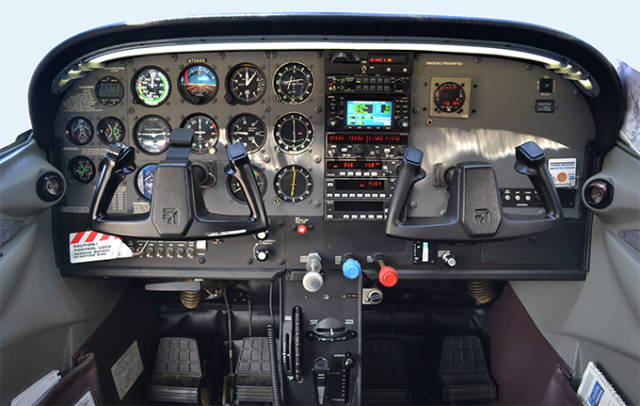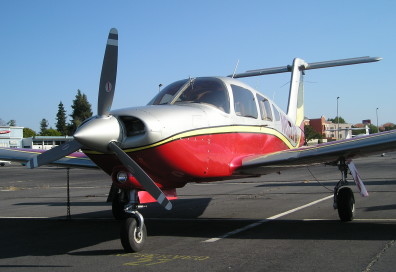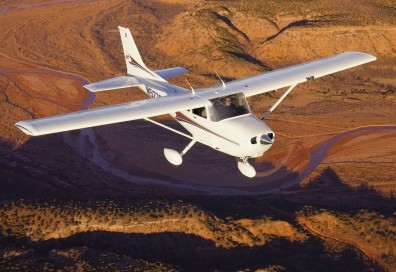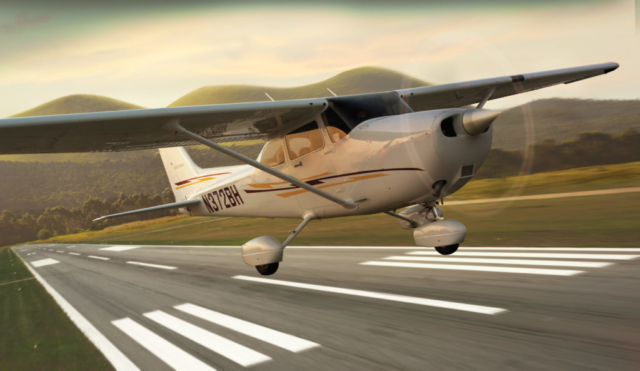| AIRCRAFT TYPE | TRAINING WEEKS | FLIGHT TRAINING | GROUND HOURS | FLIGHT SIMULATOR | TOTAL HOURS | 4 WEEK FAST-TRACK | 12 WEEK PACKAGE |
| CESSNA 152/150 | 4-12 | 35 | 70 | 20 | 105.0 | $9985 | $7995 |
| CESSNA 172 | 4-12 | 35 | 70 | 20 | 105.0 | $10995 | $8995 |
| DUCHESS TWIN-BE76 | 4-12 | 35 | 70 | 20 | 105.0 | $13995 | $11995 |
| NATIONAL AVERAGE | N/A | N/A | N/A | N/A | N/A | N/A | $15297 |
| In order to qualify for a Instrument Pilot Certificate, on completion of training, the student pilot must demonstrate through written, oral, and practical examination, that he/ she meets the knowledge, skill, and experience requirements specified in the Federal Regulations. | |||||||
| FAA-CFR – Requirements & Eligibility for Instrument Pilot Certificate FAA-ACS – Test/Certification Standards for Instrument Pilot Certification |
|||||||
| Above prices are based on the Instrument Pilot course requirements prescribed by FAA. Course prices are subject to change depending on changes in fuel,training and operational costs. Fast-Track courses are full time courses, 8 hours a day, 6 days a week course attendance. | |||||||
INSTRUMENT RATING – AIRCRAFT & SIMULATORS
Our Training goals are:
- Provide the best, most efficient training and learning environment for you.
- Keep our 100% accident/incident free safety record intact and train you to be a safe and exceptional pilot.
- Cater to your individual needs and customize your training program to achieve your goals.
- Make it a very rewarding and enjoyable learning experience.
- Student successfully obtains the FAA Instrument rating at completion of course.
Certification : Instrument Rating – Airplane
Advanced International Aviation Academy’s Instrument Rating Course is designed to fully prepare you to fly in more challenging weather conditions, increase your ability, and complete your mission objective with precision and safety. You will be able to operate in the same league as Airline pilots with fewer weather delays and under Instrument Flight Rules (IFR).
Course Length & Requirements:
| AIAA Instrument Rating Course | |
| Total Program Duration (weeks): 13
Total Ground instruction + online course Hours: 315 Total Flight Instruction + Test Hours: 39 Total Program Hours including online course: 354 |
Requirements: Current Private Pilot certificate |
| FAA testing standards – Instrument rating Airplane | |
| Certificates Received: FAA Instrument Rating-Airplane Single-Engine Land | |
To be eligible to pursue an Instrument Rating, the applicant must:
- Hold at least a Private Pilot Certificate.
- Pursuant to the requirement to hold the Private Pilot Certificate, the applicant must be at least 17 years old.
- Be able to read, write, and converse fluently in English.
- Hold a current FAA Medical Certificate, unless the Practical Examination is administered, in its entirety, in an FAA-certified Level D Flight Training Device.
- Receive and log ground training from an authorized instructor (i.e. ground school course) or complete a home-study course using an instrument textbook and/or videos.
Ground training
Candidates for the instrument rating must be knowledgeable in IFR-related items in the AIM, the U.S. ATC system and procedures, IFR navigation, the use of IFR charts, aviation weather, requirements for operating under IFR conditions, recognition of critical weather, Aeronautical Decision Making (ADM) and Crew Resource Management (CRM). Candidates must also pass the FAA instrument rating knowledge test with a score of 70% or better.
Flight experience and training required by FAA
- Accumulate flight experience per FAR 61.65:
- The candidate must have at least 50 hours of cross-country flight time as pilot in command, which can include solo cross-country time as a student pilot. Each cross-country must have a landing at an airport that is at least a straight-line distance of more than 50 NM from the original departure point.
- The candidate must make at least one cross-country flight that is performed under IFR and transits a distance of at least 250 NM along airways or ATC-directed routing and includes an instrument approach at each airport so that a total of three different kinds of instrument approaches are performed.
- The candidate also needs a total of 40 hours of actual or simulated instrument time, including a minimum of 15 hours of instrument flight training from a Flight Instructor certified to teach the instrument rating (CFII)
Up to 20 hours of the instrument training may be accomplished in an approved flight simulator or flight training device if the training was provided by a CFII. - Within 60 days of the practical test, the candidate needs to log 3 hours of instrument training from a CFII in preparation for the test.
- Receive and log training, as well as obtain a logbook endorsement from your CFII on the following areas of operation: preflight preparation, preflight procedures, air traffic control clearances and procedures, flight by reference to instruments, navigation systems, instrument approach procedures, emergency operations, and postflight procedures.
- Successfully pass the FAA instrument rating written test.
- Successfully complete the instrument rating practical test (an oral and flight test), as specified in Practical Test Standards (PTS) for the instrument rating, which will be conducted by an FAA designated examiner.
Operations requiring an instrument rating
A pilot must have an instrument rating in order to act as Pilot in Command of a flight below VFR weather minimums and/or under IFR. The rating is also required:
When flying an airplane under Special VFR at night (helicopters are excepted from the regulation.)
When a commercial pilot is flying an airplane carrying passengers for hire, on flights in excess of 50 nautical miles (90 km) or at night.
IFR currency requirement for IFR operations.
Under FAR 61.57, to be eligible to fly in Instrument Meteorological Conditions (IMC) an IFR-rated pilot must accomplish and log at least the following IFR procedures under actual or simulated IMC every 6 months:
1) 6 instrument approaches
2) Holding procedures
3) Intercepting and tracking courses through the use of navigation systems
OR
4) An Instrument Proficiency Check administered by a CFII within the last 6 months is another way of complying with the IFR currency requirement
How much will the Instrument Rating cost me?
The costs depends on what type of airplane you use and how well you train.You have to reach the FAA testing Standards for obtaining your Instrument rating. If you are using a new airplane with a Glass cockpit then it will cost you more , as per the aircraft rental rate.
| FAA INSTRUMENT RATING COURSE | |||||
| Instruction | Cessna 150 + ALSIM | Cessna 172 + ALSIM | Requirements: – FAA Private Pilot certificate |
||
| Flight Instruction + Test | 39 hrs. | $7162 | $7767 | ||
| Online Course + Labs | 225 hrs | $1200 | $1200 | ||
| Ground Instruction | 90 hrs | $5310 | $5310 | ||
| *Course cost estimates are based on the minimum training required by the FAA for completion of course. Fees are paid “pay as go” at the time student uses the hours of training. | |||||
| Estimated Total |
354 hrs |
$13672 | $14277 | ||

